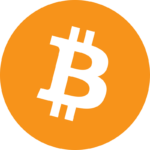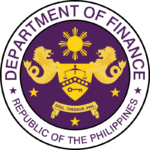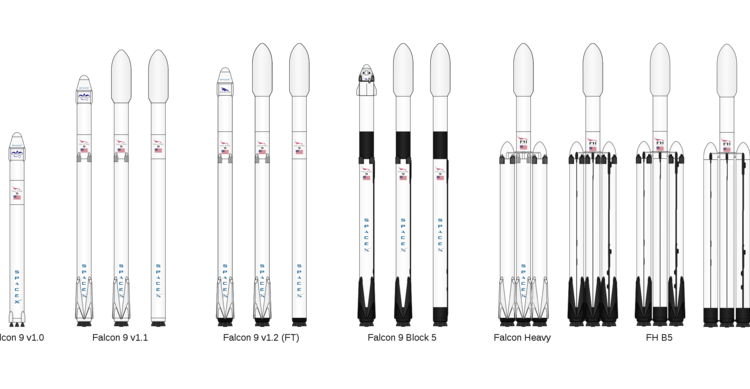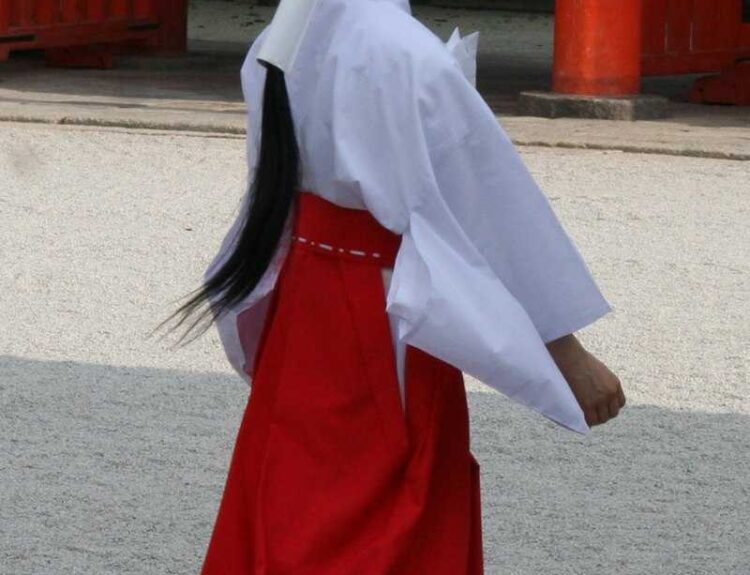Concerns raised over persecution of Alexei Navalny and global human rights violations
- U.N. human-rights chief calls for end to repression in Russia
- Expresses concerns about persecution of Alexei Navalny
- Highlights conflicts, human rights violations, and displacements worldwide
- Denounces restrictions on rights defenders and journalists in India
- Calls for review of cases of detained individuals in Russia
- European Union demands accountability for Navalny’s death
- Speaks out against racially motivated police activity in Western countries
- Urges China to revise criminal procedure law and release detained individuals
- Criticism of U.N. rights chief’s stance on China’s repression
The U.N. human-rights chief, Volker Türk, has called for a swift end to the repression of independent voices in Russia and expressed concerns about the persecution of opposition leader Alexei Navalny, who recently died in prison. Türk also highlighted the numerous conflicts, human rights violations, and displacements occurring worldwide. He denounced increasing restrictions on rights defenders and journalists in India and urged U.S. authorities to ensure universal voting rights. Türk specifically addressed the upcoming Russian presidential elections, criticizing the intensified repression of dissenting voices and the prevention of certain candidates from running. He called for a comprehensive review of cases where people in Russia were detained for exercising fundamental freedoms and demanded an immediate end to the repression of independent voices. The European Union demanded accountability for Navalny’s death, while Türk spoke out against racially motivated police activity in Western countries and called on China to revise its criminal procedure law and release detained individuals. However, Türk faced criticism for his stance on China’s repression, with some arguing that he failed to condemn the Chinese government’s actions. The article concludes by highlighting the upcoming elections in over 50 countries in 2024, which will test the strength of democracies worldwide.
Factuality Level: 3
Factuality Justification: The article contains a mix of factual information and opinions, especially towards the end with the comments from Ken Roth and China’s ambassador. While the article reports on statements made by U.N. human-rights chief Volker Türk and Amb. Lotte Knudsen of the European Union, it also includes opinions and criticisms from other individuals. The article lacks depth in some areas and could provide more context on certain issues mentioned.
Noise Level: 3
Noise Justification: The article provides a detailed and relevant overview of the U.N. human-rights chief’s speech, focusing on issues such as the repression of independent voices in Russia, violations of human rights, and the persecution of opposition leader Alexei Navalny. It includes quotes from various officials and experts, as well as references to specific events and concerns. The article stays on topic and supports its claims with examples and statements from relevant individuals. However, there are some minor instances of repetition and unnecessary details that could be considered noise.
Financial Relevance: No
Financial Markets Impacted: No
Presence Of Extreme Event: No
Nature Of Extreme Event: No
Impact Rating Of The Extreme Event: No
Rating Justification: The article does not pertain to financial topics and does not describe any extreme events.
Key People: Volker Türk (U.N. human-rights chief), Alexei Navalny (opposition leader), Vladimir Putin (President of Russia), Lotte Knudsen (Ambassador of the European Union), Yulia Navalnaya (opposition figure), Ken Roth (visiting professor and lecturer at Princeton University, former head of Human Rights Watch), Chen Xu (China’s top ambassador in Geneva)
 www.marketwatch.com
www.marketwatch.com 




